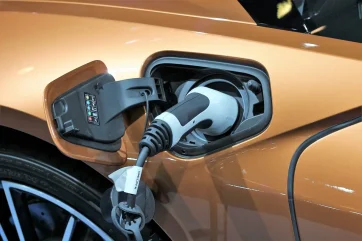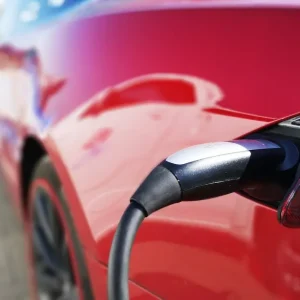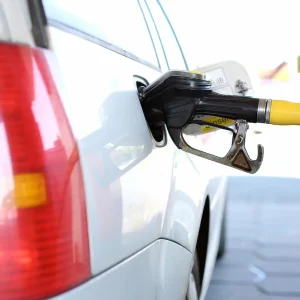
New flexibilities for the UK Government’s ZEV mandate have been announced, alongside the continuation of conventional hybrid car sales until 2035.
The news follows a consultation by the government about its decarbonisation plans, amid complaints by manufacturers that the existing measures were unsustainable.
No changes have been made to the headline ZEV mandate targets, which require manufacturers to sell a rising proportion of zero-emission vehicles annually, or face fines. However, several new mitigations have been introduced.
One of these is the extension of an existing flexibility allowing manufacturers to earn credits for cleaning up their non-ZEV fleet compared with a 2021 baseline. This had been due to end in 2026 but will now continue until 2029.
Another extended flexibility allows manufacturers to ‘borrow’ credits from the future if they don’t meet the mandate target in a particular year.
In addition, a new flexibility allows manufacturers to exchange car and van credits, with one car credit exchangeable for 0.4 van credits, and one van credit exchangeable for two car credits.
The level of the fines for non-compliance has also been reduced, from £15,000 to £12,000 for cars, and from £18,000 to £15,000 for vans.
Despite the government’s now reconfirmed policy of stopping new pure petrol and diesel car sales by 2030, there has long been an expectation of some hybrid car sales lasting until 2035, but without clarity about whether it would just be plug-in hybrids with substantial EV-only ranges that could continue.
The government has now confirmed that non-plug-in hybrids, which it is terming ‘full hybrids’, will be able to be sold until 2035, citing as an example Nissan’s E-Power powertrain.
The government has also announced that manufacturers registering less than 2,500 vehicles annually will be exempt from the 2030-2035 requirements.
Transport Secretary Heidi Alexander said: “Our ambitious package of strengthening reforms will protect and create jobs – making the UK a global automotive leader in the switch to EVs – all the while meeting our core manifesto commitment to phase out petrol and diesel vehicles by 2030.”





